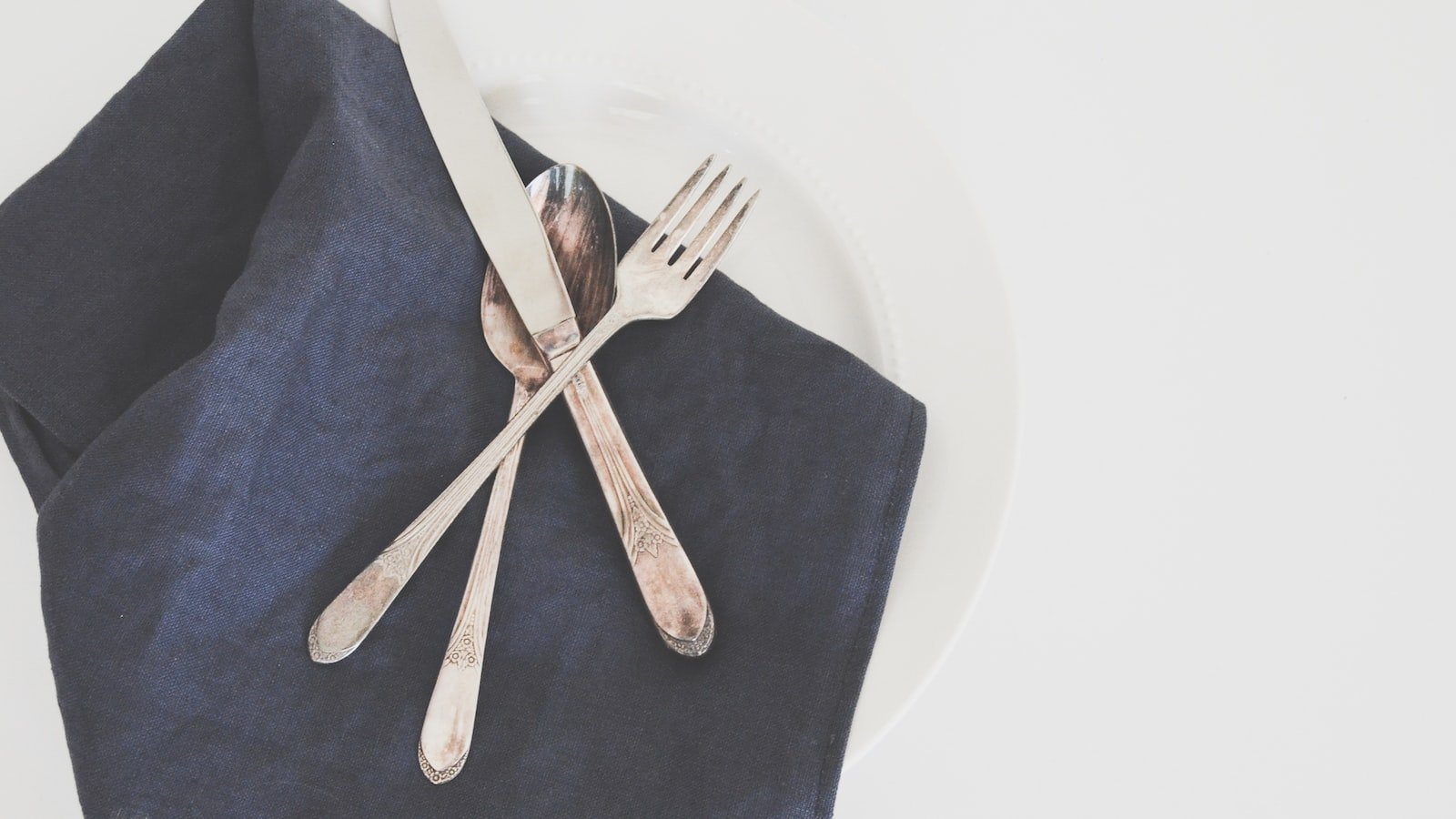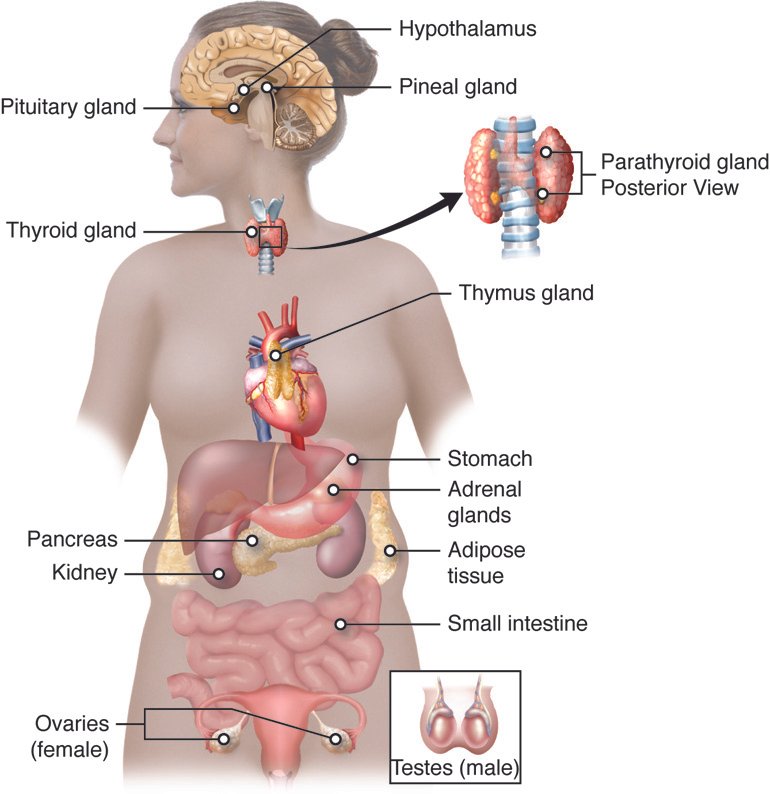Congratulations! You’ve just welcomed a beautiful baby into the world, and now it’s time to embark on an equally beautiful journey: postpartum nutrition. As a new mom, you have undoubtedly become the world’s most devoted multitasker, juggling diaper changes, soothing cries, and sleepless nights. In the midst of all this chaos, it’s easy to forget about yourself and your own nourishment. But fear not, dear mom, for this ultimate guide is here to unravel the mysteries of what to eat after giving birth. Join us on a delectable exploration of the foods that will nourish and replenish your body, giving you the strength and energy to tackle motherhood head-on. From superfoods to breastfeeding-friendly snacks, we’ve got you covered on this gastronomic adventure that promises to make your postpartum journey as fulfilling as possible. So, grab a cup of tea, sit back, and get ready to dive into the world of postpartum nutrition, because you, marvelous mom, deserve nothing but the best as you navigate this incredible chapter in your life.
Table of Contents
- Preparing Your Postpartum Plate: Essential Nutrients for Recovery
- Navigating Hormonal Changes: How Nutrition Can Help Sync Your Body
- From Breastfeeding to Bottle-Feeding: Tailoring Your Diet for Optimal Milk Production
- Superfoods for Postpartum Healing: Foods to Include in Your Diet
- Meal Planning Made Simple: Nutritious Recipes for New Moms
- Q&A
- Key Takeaways

Preparing Your Postpartum Plate: Essential Nutrients for Recovery
As a new mother, ensuring that your body receives the right nutrients is crucial for a healthy recovery and the well-being of both you and your baby. Your postpartum plate should be filled with foods that promote healing, boost energy levels, and support breastfeeding. Here are some essential nutrients you should include in your meals:
- Protein: Incorporate lean meats, poultry, fish, or plant-based protein sources like beans and lentils. Protein aids in tissue repair and promotes cell growth, helping your body recover from childbirth.
- Iron: Include iron-rich foods such as spinach, eggs, lean red meat, and fortified cereals. Iron is crucial for recovering your blood loss and preventing postpartum fatigue.
- Omega-3 Fatty Acids: Consuming foods like salmon, walnuts, chia seeds, and flaxseeds can provide you with omega-3 fatty acids. These healthy fats are essential for brain development in your baby and can also reduce inflammation in your body.
- Calcium: Prioritize dairy products, fortified plant-based milks, and leafy greens like kale and broccoli to meet your increased calcium needs. Calcium is vital for bone health and can aid in preventing osteoporosis later in life.
By including these essential nutrients in your postpartum plate, you’ll be nourishing your body and supporting a swift recovery. Remember to consult with your healthcare provider or a registered dietitian for personalized advice based on your specific needs and medical history.

Navigating Hormonal Changes: How Nutrition Can Help Sync Your Body
Hormonal changes can often leave us feeling out of sync and struggling to maintain balance in our bodies. As our hormones fluctuate, it’s not uncommon to experience symptoms such as mood swings, fatigue, and irregular periods. However, did you know that nutrition can play a crucial role in helping us navigate through these changes and aid in bringing our bodies back into harmony?
Here are some ways in which nutrition can help sync your body during hormonal changes:
- Mindful Eating: Practicing mindful eating can help us connect with our bodies and develop a better understanding of our individual needs. This involves paying attention to hunger and fullness cues, choosing nutrient-dense foods, and enjoying meals without distractions.
- Supporting Hormonal Balance: Certain nutrients can have a positive impact on our hormones. Incorporating foods rich in omega-3 fatty acids, such as fatty fish or chia seeds, may help reduce inflammation and regulate hormone production. Additionally, consuming foods high in fiber, like whole grains and fruits, can assist in eliminating excess hormones from the body.
- Managing Stress: Chronic stress can disrupt our hormonal balance. Including stress-relieving foods in our diet, such as dark chocolate or herbal teas, can help promote relaxation and improve overall well-being.
While nutrition alone may not solve all hormonal imbalances, it can contribute significantly to supporting our bodies and reducing the severity of symptoms. By adopting a mindful and nourishing approach to eating, we can better navigate through hormonal changes and embrace a healthier, more balanced lifestyle.

From Breastfeeding to Bottle-Feeding: Tailoring Your Diet for Optimal Milk Production
Ensuring a healthy diet is crucial for new mothers, whether they choose to breastfeed or bottle-feed their babies. While breastfeeding is a natural method for nourishing your little one, there may come a time when transitioning to bottle-feeding becomes necessary or desired. To ensure a smooth transition and maintain optimal milk production, it is essential to tailor your diet accordingly.
Here are some tips to help you adjust your diet when transitioning from breastfeeding to bottle-feeding:
- Hydration is key: Whether you breastfeed or bottle-feed, it’s important to stay well-hydrated. Drink plenty of water throughout the day to support milk production and ensure you stay adequately hydrated.
- Focus on quality nutrition: Maintain a well-balanced diet that includes protein, fruits, vegetables, and whole grains. These nutrient-dense foods provide essential vitamins and minerals not only for your own health but also to support the growth and development of your baby.
- Consider calorie intake: When transitioning to bottle-feeding, your calorie needs may slightly decrease compared to when you were breastfeeding. Consult with a healthcare professional to determine the appropriate caloric intake for your current situation.
- Incorporate galactagogues: Galactagogues are foods or herbs known to promote milk production. Examples include oatmeal, fenugreek, and fennel. Experiment with these lactogenic foods to support milk supply during the weaning process.
Remember that each mother’s journey is unique. By tailoring your diet to meet your individual needs and focusing on proper nutrition, you can ensure a healthy transition from breastfeeding to bottle-feeding while maintaining optimal milk production.
Superfoods for Postpartum Healing: Foods to Include in Your Diet
During the postpartum period, your body goes through significant changes and needs proper nourishment to recover and heal. Including superfoods in your diet can provide essential nutrients and support the healing process. Here are some superfoods you should consider incorporating into your meals:
- Salmon: Rich in omega-3 fatty acids, salmon helps reduce inflammation and promotes tissue repair. It also provides vitamin D, which is crucial for maintaining bone health.
- Spinach: This leafy green is packed with iron, calcium, and magnesium. It supports energy levels, strengthens bones, and aids in muscle recovery.
- Chia Seeds: These tiny seeds are a powerhouse of nutrients, including fiber, protein, and omega-3 fatty acids. They help regulate digestion, enhance brain function, and reduce the risk of postpartum depression.
Other superfoods to consider include quinoa, Greek yogurt, berries, and avocados. Remember, a well-balanced diet with a variety of whole foods is key to postpartum healing. Make sure to consult with your healthcare provider to tailor your diet to your specific needs and health condition.
Meal Planning Made Simple: Nutritious Recipes for New Moms
Eating well as a new mom is crucial for your own health and the health of your little one. But finding the time and energy to plan nutritious meals can be challenging when you have a newborn to take care of. That’s why we’ve put together this collection of simple and delicious recipe ideas to make meal planning a breeze.
Quick and Easy Breakfast options:
- Avocado toast with a sprinkle of feta cheese.
- Fruit and yogurt parfait topped with granola.
- Egg muffins loaded with veggies and served with a side of whole grain toast.
Satisfying Lunch ideas:
- Quinoa and black bean salad with a tangy lime dressing.
- Grilled chicken wrap with hummus, cucumber, and spinach.
- Vegetable-packed pasta salad with a light and zesty vinaigrette.
Nutritious Dinner recipes:
- Baked salmon with roasted vegetables and a drizzle of lemon sauce.
- Chicken stir-fry with colorful bell peppers and brown rice.
- Spinach and feta stuffed chicken breast served with a side salad.
These are just a few examples of the wholesome meals you can enjoy as a new mom. Make sure to prioritize balanced nutrition and incorporate plenty of fresh fruits, vegetables, lean proteins, and whole grains into your diet. Remember, taking care of yourself through good food choices will only benefit you and your little one in the long run. Happy meal planning!
Q&A
What should I prioritize in my postpartum nutrition?
Nourishing your body with a variety of whole foods is essential during this time. Focus on consuming nutrient-dense foods like fruits, vegetables, lean proteins, whole grains, and healthy fats to promote healing and support your energy levels.
Are there any specific nutrients I should include in my diet after giving birth?
Yes, certain nutrients are especially important during the postpartum period. These include iron-rich foods to replenish blood loss, omega-3 fatty acids for brain health, and calcium and vitamin D for bone strength. Remember to consult with a healthcare professional for personalized guidance.
Can I continue taking prenatal vitamins after giving birth?
While it’s best to transition to a postnatal vitamin specifically designed for postpartum needs, consult with your healthcare provider to determine the most suitable option for you. A targeted postnatal vitamin can help support recovery and meet your changing nutritional requirements.
When should I start introducing new foods into my diet?
It’s important to listen to your body and gradually introduce new foods based on your comfort level. Generally, you can begin incorporating a variety of foods once your healthcare provider gives you the green light, which is typically around six weeks postpartum.
How can I support breastfeeding through my diet?
To support your breastfeeding journey, make sure to drink plenty of water, eat a balanced diet, and include galactagogues, such as oats, fenugreek, and brewer’s yeast. Also, avoid skipping meals and opt for snacks that are rich in protein and healthy fats.
Are there any foods I should avoid during the postpartum period?
Some foods, such as caffeine, alcohol, excessive sugar, and processed snacks, are best consumed in moderation or avoided altogether. Additionally, if your baby shows signs of sensitivity to certain foods, you may need to adjust your diet accordingly.
How can I ensure I am getting enough calories while breastfeeding?
While breastfeeding, your calorie needs may increase by 300-500 calories per day. Focus on eating balanced meals and snacks, incorporating nutrient-dense foods to meet your energy requirements. However, individual needs may vary, so consult with a healthcare professional for personalized advice.
What should I do if I experience difficulties with my appetite or digestion after giving birth?
If you’re having difficulties with your appetite or digestion postpartum, it’s important to speak with your healthcare provider. They can assess your situation and provide recommendations tailored to your needs, which may include dietary modifications or supplements.
Can I follow a specific diet plan after giving birth?
While there are various diet plans available, it’s generally recommended to focus on a well-balanced diet that includes a wide range of whole foods. Personalized nutrition guidance from a healthcare professional can help ensure your specific dietary needs are met.
Is it common to experience food cravings or mood changes after giving birth?
Yes, many women experience food cravings and mood changes postpartum due to hormonal fluctuations. Remember to listen to your body’s cues and try to incorporate healthy options to satisfy your cravings. If mood changes persist or worsen, it’s important to seek support from your healthcare provider.
Key Takeaways
As we conclude this immersive journey into the world of postpartum nutrition, it is our utmost hope that you find yourself armed with not only knowledge but also a sense of empowerment. Navigating the delicate dance of motherhood, with all of its joys and challenges, is no easy feat. Yet, with the right tools at hand, we believe every new mother can embrace this transformative chapter with the grace and vitality she deserves.
Remember, dear reader, that postpartum nutrition extends far beyond a mere checklist of “do’s and don’ts.” It is an intricate symphony of nourishment, tailored to your unique needs, complete with delightful crescendos of flavor and unequaled moments of indulgence. A harmonious blend of time-tested wisdom and forward-thinking advice, our ultimate guide has paved the way for a nourishing postpartum journey that celebrates your body and its miraculous abilities.
Embrace the vibrant tapestry of nutrients that gently guide you towards a vibrant postpartum recovery. Relish those luscious green leafy vegetables, brimming with the energy of sun-kissed farms. Savor the whispers of succulent fruits, bursting with vibrant flavors and fortified nourishment. With every bite, remember that you are gifting not only yourself but also your little one the abundance necessary for your collective growth.
We understand that amidst the whirlwind of new motherhood, carving out time for self-care and nourishing meals can feel like an insurmountable challenge. However, we implore you to prioritize your well-being, for a nourished mother is a resilient mother, capable of surmounting any obstacle that may arise.
Let this guide be your compass, gently guiding you back to the heart of nutrition. May it illuminate your way as you navigate the array of healthful choices, guiding you towards a vibrant postpartum recovery. Remember, dear reader, that this journey is a marathon, not a sprint, and every step you take towards proper nourishment is an investment in your journey towards wellness.
As you embrace the beautiful chaos that is postpartum life, we encourage you to trust your instincts and listen to the whispers of your body. Seek solace in laughter, honest conversations, and a robust support system. Above all, remember that nourishing yourself is an act of self-love—one that will amplify your strength as you embark on this transformative voyage.
From our hearts to yours, we bid you farewell. May you navigate the realm of postpartum nutrition with utmost confidence, nourishing both your body and spirit as you embark on this incredible adventure called motherhood.
As an affiliate, my content may feature links to products I personally use and recommend. By taking action, like subscribing or making a purchase, you’ll be supporting my work and fueling my taco cravings at the same time. Win-win, right?
Want to read more? Check out our Affiliate Disclosure page.